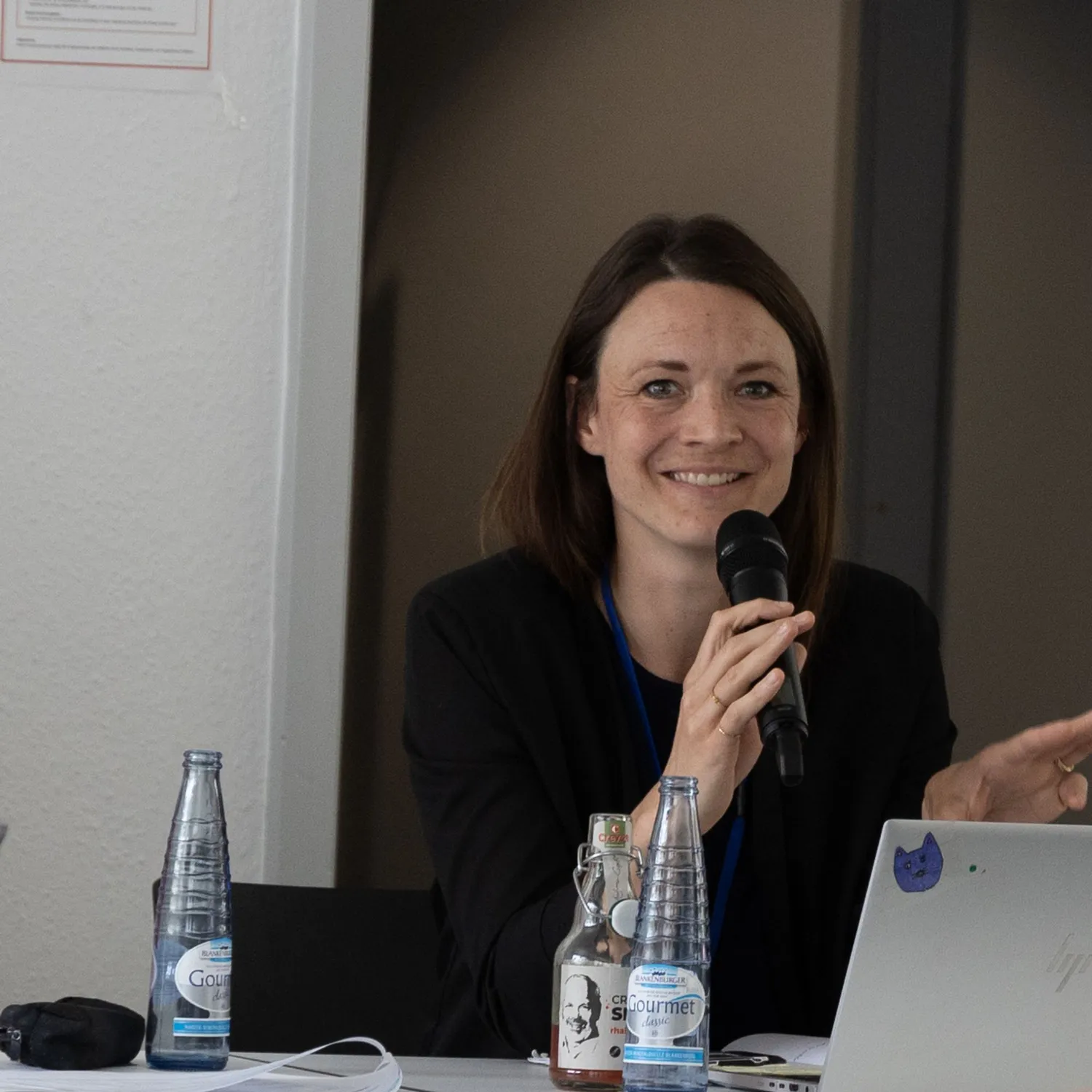What is your role within the ESCAPE project?
At the University of Southern Denmark, we play a crucial role in the randomised controlled trial, representing one of the three Danish trial sites. Our responsibilities include recruiting general practitioners and participants, collecting data, delivering the Blended Collaborative Care (BCC) intervention to participants, and conducting blinded post-intervention outcomes assessments.
In collaboration with partners from other Danish trial sites, we’ve also initiated a qualitative evaluation. This evaluation explores the experiences of patients, caregivers, and general practitioners (GPs) with the intervention, providing valuable insights into how the intervention works in practice.
What led you to this project?
I have a background as a clinical dietician, a master’s degree in clinical nutrition, and a PhD in sports science. My doctoral research focused on how nutrition can help prevent the loss of physical function in older adults.
As a researcher in the field of aging, I’ve always believed that a holistic approach is essential. Health challenges among older adults are rarely single-dimensional; they are complex, multi-factorial, and deeply interconnected. My research has primarily focused on lifestyle factors and their role in preventing the loss of physical function. However, effective interventions require an understanding of the individual's overall health, personal resources, social support, and most importantly, their unique wishes and preferences.
Why is ESCAPE important and innovative?
ESCAPE focuses on an extremely vulnerable group: older adults managing multiple chronic conditions, mental health challenges, and demanding treatments. These patients often face overwhelming schedules filled with healthcare appointments and experience limitations in daily life.
The components of the BCC intervention – motivational interviewing, goal setting, shared-decision making etc. are well-known techniques among health care professionals in Denmark. Nevertheless, the techniques are often applied from the perspective of one health condition. What makes ESCAPE stand out is its holistic approach, rather than focusing on a single health condition and is guided by the patient’s goals. This is a significant shift that empowers patients to take an active role in their care and aligns interventions with what matters most to them.
How is the clinical trial progressing?
We’re optimistic about reaching our recruitment target in the coming month. The GP clinics we’ve approached have been very receptive to the study, acknowledging the need for enhanced support for this patient group. However, identifying eligible older adults who meet the recruitment criteria—age, multimorbidity, and psychological distress—while also having the resources to participate in a research project has been challenging. That said, feedback from participants who have undergone the BCC intervention has been overwhelmingly positive, which is a testament to its value and potential impact.
-------
ESCAPE is paving the way for innovative, patient-centered care for multimorbid older adults. Researchers like Sussi Friis Buhl play a critical role in shaping the interventions and gathering the insights needed to address this vulnerable population’s complex healthcare needs.
